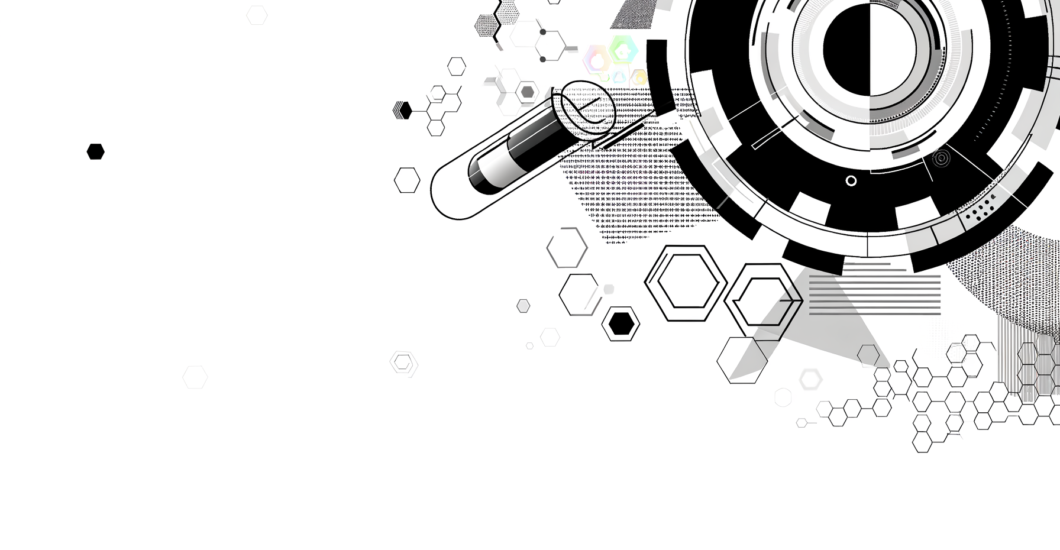The Fusion of Pharma and AI: A Revolutionary Path to Healthcare Innovation
As the worlds of pharmaceuticals and artificial intelligence converge, we’re on the brink of a healthcare revolution that promises to enhance patient outcomes, streamline drug development, and personalize medicine like never before. Imagine a future where complex genetic information is harnessed by AI algorithms to create tailored treatment plans, or where predictive analytics reduces the time it takes to bring life-saving drugs to market. This article dives deep into the synergistic relationship between pharma and AI, exploring how this partnership is set to reshape the landscape of healthcare and what it means for industry stakeholders in the coming years.
Understanding the Current Landscape
The pharmaceutical industry has always been known for its rigorous research and development processes, characterized by lengthy timelines and substantial financial investments. Yet, despite these constraints, the demand for innovative treatments continues to rise. Simultaneously, AI technology has matured, demonstrating remarkable capabilities in data analysis, pattern recognition, and predictive analytics. This confluence of necessity and innovation has paved the way for the integration of AI within pharma.
AI is currently employed in several areas including drug discovery, clinical trials, and patient diagnostics. However, we are only beginning to uncover the full potential of this integration. For instance, utilizing AI for drug discovery can drastically reduce timeframes and costs by predicting which compounds are most likely to be successful in clinical settings, thus increasing efficiency in the development pipeline.
AI-Driven Drug Discovery: A Game Changer
One of the most promising applications of AI in pharma is drug discovery. Traditional methods can take over a decade and cost billions of dollars, but AI technologies like machine learning and deep learning are accelerating this process. By analyzing vast datasets, including biological data and existing pharmaceutical patents, AI algorithms can identify potential drug candidates at an unprecedented speed.
For example, companies like Atomwise and BenevolentAI are employing deep neural networks to predict how different molecules will interact with specific biological targets. This not only expedites the screening process but minimizes the chances of failure in clinical trials. With AI’s ability to simulate biological interactions, we are looking at a future where new treatments can be rapidly developed and brought to market in response to emergent health crises.
Personalizing Medicine with AI
Beyond drug discovery, AI is also revolutionizing the way we approach treatment personalization. By leveraging AI in genomics and patient data analysis, healthcare providers can tailor treatments to individual patient profiles, maximizing effectiveness while minimizing adverse effects. This shift towards precision medicine takes into account genetic, environmental, and lifestyle factors, transforming a one-size-fits-all methodology into bespoke treatment plans.
Tech companies such as 23andMe and Guardant Health are leading the charge by utilizing advanced algorithms to analyze genetic data. This process not only helps in identifying predispositions to certain diseases but also shapes preventive strategies and treatment plans focused on the specific needs of individual patients. As more genetic data becomes accessible, the role of AI will only grow, allowing for an era where treatments are carefully curated for each unique patient.
The Future: Ethical Considerations and Collaboration
While the partnership of pharma and AI holds immense potential, it also brings forth ethical considerations that cannot be overlooked. Issues surrounding data privacy, algorithmic bias, and the need for transparency in AI-driven decisions must be actively addressed. Furthermore, the marriage of these two industries requires collaboration between diverse stakeholders, including pharmaceutical companies, tech firms, regulatory bodies, and patient advocacy groups. This multidisciplinary approach will ensure that innovations not only advance healthcare but do so in an ethically sound manner.
As we stride toward this integrated future, it is crucial for all parties involved to promote standards and frameworks that prioritize patient safety and privacy, while fostering innovation. By doing so, the potential of AI in pharma can be harnessed responsibly, creating a healthcare landscape that is equitable and effective.
Conclusion: Bridging the Gap for a Healthier Tomorrow
The integration of AI into the pharmaceutical industry is set to redefine the contours of healthcare, fostering groundbreaking advancements in drug discovery, personalized medicine, and patient care. By leveraging AI’s capabilities, we can drastically reduce development times, enhance treatment outcomes, and create a more responsive healthcare system. However, as we move forward, it’s vital to remain vigilant about ethical implications and foster collaboration among all stakeholders. Embracing this change not only paves the way for healthcare innovation but also reinforces our commitment to improving lives around the globe. The future of pharma and AI is here, and it holds the promise of a healthier tomorrow.


